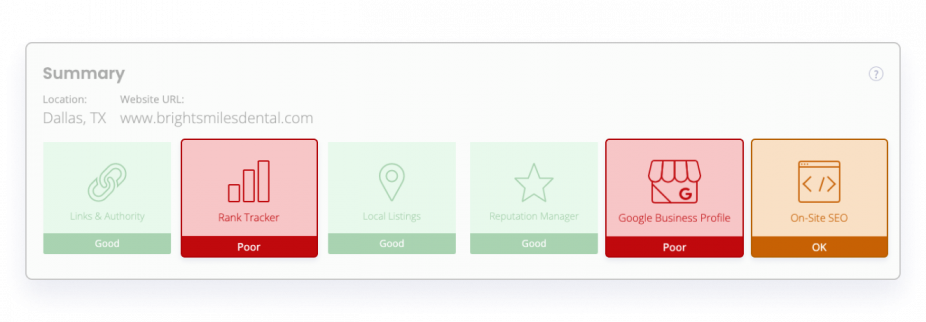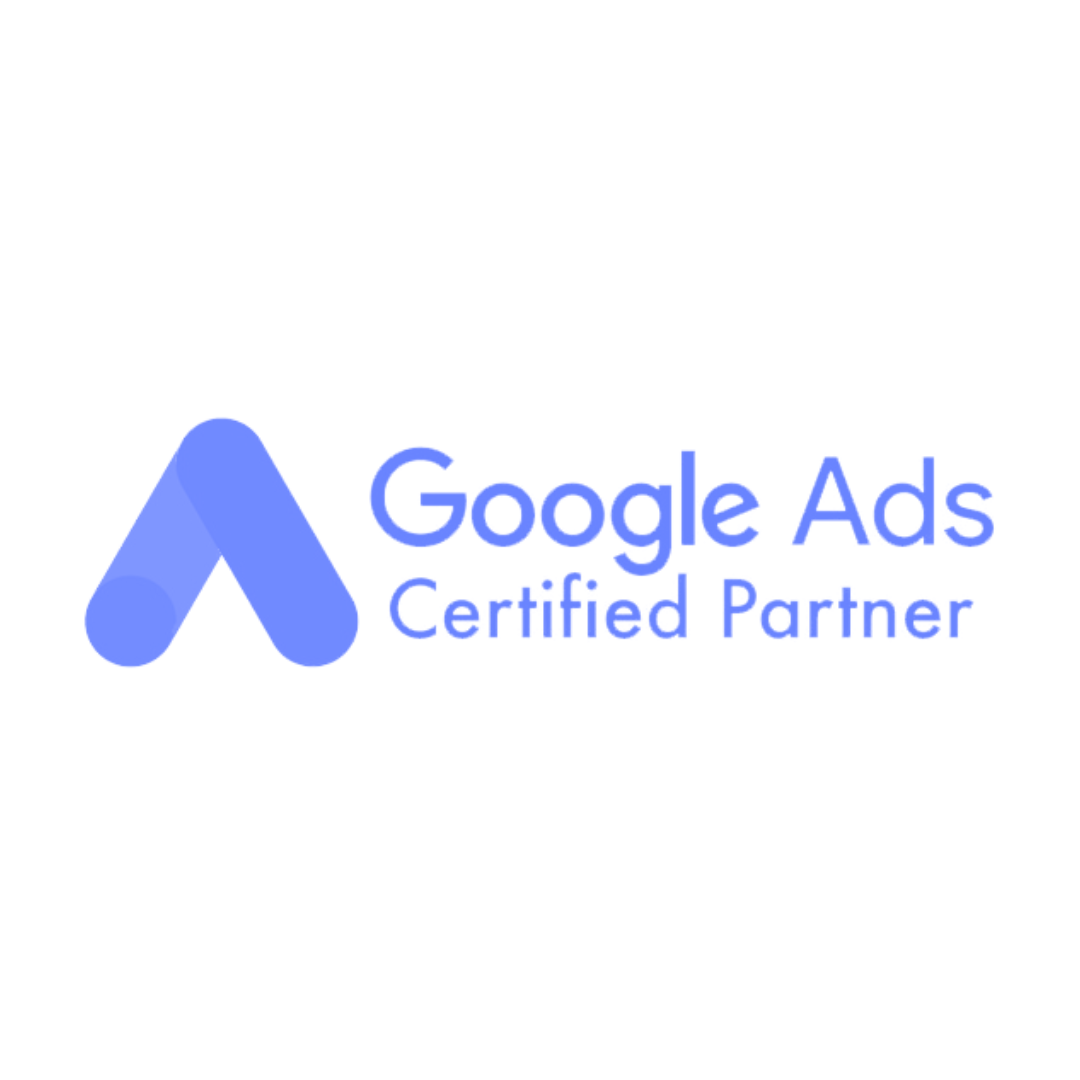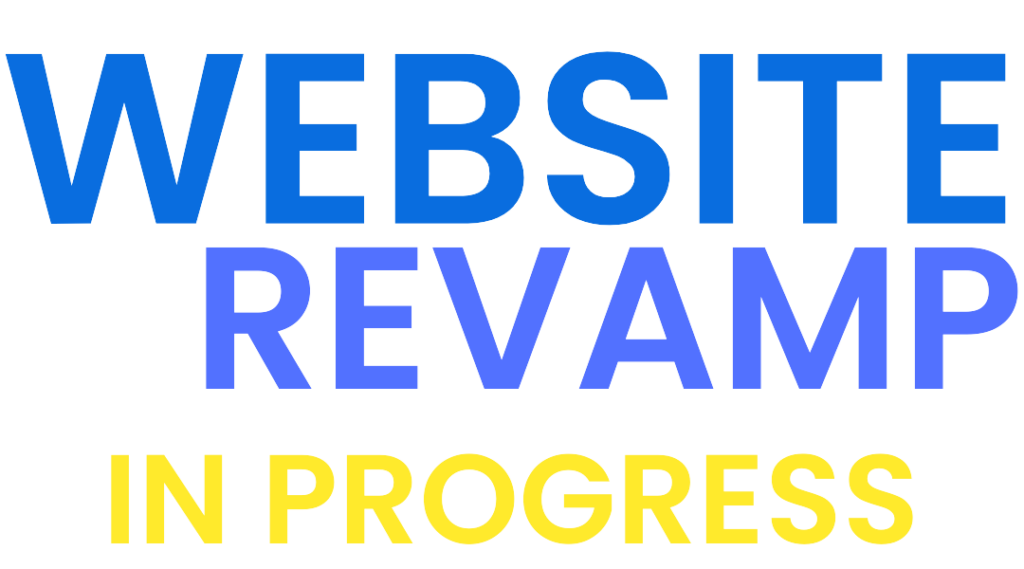





Las Vegas
Digital Marketing Agency
For businesses seeking the comprehensive expertise and proven track record of a large agency, coupled with the individual attention and close collaboration of a boutique firm.
SEO Services
Our company boasts an exceptional track record of national and local SEO success stories. Our clients earn prominent placement on leading search engines and a substantial increase in visibility and leads.
We Specialize in SEO
Website Design
Website design that is search engine optimized, tells your brand's unique story, features captivating visuals, and compelling copywriting, and leaves a lasting impression that connects deeply with your ideal clientele.
We Specialize in WordPress Websites
Social Media Agency Services
Building a strong online brand presence is essential for connecting, nurturing, and guiding potential customers along their buying journey. Our social media agency specializes in creating and sharing captivating content that truly speaks to your target audience.
SM Content Creator Since '11
Discover More
Marketing AgencyServices
While our specialization lies in the above services, we also provide the following digital marketing services to empower your business, helping it surpass competitors and effectively reach your target audience.


Google Ads Campaign Setup & Management
Reach your target audience, promote your products or services, and drive web traffic through paid search, display, video, and app advertising campaigns.
Content Marketing Agency Services
Stir up some serious online buzz with eye-catching videos, must-read blogs, press releases that pop, and more! Reel in your audience, rev up your brand, and watch your brand soar.
Website Audits, Google, Bing & More
Other services include email marketing, website audits, Bing and Google Analytics/Tag/Console configuration, custom reporting dashboards, and more.
Not Sure Where to Start?
Our comprehensive 7 part website audit identifies problems that could be holding your website back from ranking high in the search engine result pages. You will receive a clear, actionable, prioritized list of recommendations to help improve the experience visitors have on your website and your presence on the web.
Website Links & Authority
Local Search Rankings
On-Site SEO &
Google Business Profile
Business Listings
on Directory Sites
Sites Your Business
is Reviewed On
Social Media Presence





WEBSITE AUDIT
Discover More



SEO Resources


A Las Vegas Marketing Agency
You Can Trust
In the bustling world of Las Vegas digital marketing agencies, we understand that selecting the perfect partner for your goals can be quite a task. We want you to know that your business is more than just a project to us – it’s your baby, your passion, and your dream. We care deeply about your success and are here to support you every step of the way.
Rest assured, your marketing efforts are our priority, and we’re committed to giving them the time and attention they deserve. Our experienced team is dedicated to putting your business on the map and making your phone ring with eager customers.


Who is the "We" Behind
New Generation Digital Marketing
?
A Message From NGD's Owner and Managing Director, Sarah Arizola-Claros:
At New Generation Digital Marketing, I proudly stand at the forefront of my agency. In the dynamic world of digital marketing, I wholeheartedly believe that no one person can master every facet of this ever-evolving landscape. That’s why I advocate for the power of collaboration and partnerships.
Within my agency’s network, you’ll find skilled individuals, each a specialist in their own domain, coming together to craft tailor-made solutions.
Our unwavering dedication to delivering top-tier, personalized services combines my expertise with the collective strengths of my diverse team, ensuring that each client receives a comprehensive and innovative approach to their digital marketing needs.


SEO + Website Design + Social Media Marketing
What is SEO, and why is it important for my business?
SEO stands for Search Engine Optimization. It’s a set of practices aimed at improving your website’s visibility on search engines like Google. This visibility is crucial for attracting organic (unpaid) traffic to your site, increasing brand awareness, and driving potential customers to your business.
What are some ways you can help me dominate my local search engine results in 2024?
- Claim & Conquer Your Google, Apple, and Bing Business Profiles: We’ll ensure your profiles are optimized with accurate, Las Vegas-specific information, stunning photos, and engaging descriptions. All this and more is done to make you reach local search supremacy, climb the rankings, and appear at the top of Google Maps, Bing, and Safari search results.
- Question-Based and Long-Tail Keywords: Uncover the search terms Vegas locals use to find businesses like yours, optimizing your profile and website content for top ranking.
- Positive Feedback: Create a custom review campaign that encourages glowing reviews and strategically manages responses to build trust and counteract negativity.
- SEO Best Practices: Implement cutting-edge local SEO tactics like local link building, citation management, and content localization to increase organic impressions/traffic and conversions from local search engine results.
- Increase Brand Recognition: Increase online visibility and become the go-to business in your niche through SEO, social media marketing, content marketing, and more.
- Impactful Ads: Run targeted ads on advertising platforms like Google and Meta and local directories like Yelp, Google Local Service Ads (LSA), and more.
How does question-based SEO work?
Here are the key factors for how question-based SEO works and what we do to help our clients rank in the top search engine results:
Understanding search intent: We start by identifying the following:
- What are users trying to find when they ask a question?
- What information are they looking for?
- What format do they prefer (e.g., text, video, image)?
- Use keyword research tools, forums, social media, and Q&A sites to find questions related to your target topics.
Creating high-quality content: We take all of the data above and:
- Begin crafting a custom list of questions and answers that are informative and, above all, helpful.
- Use visuals like images and videos to break up text and make your content more engaging.
- Optimize your content for voice search by using natural language and long-tail keywords.
- Optimize for Featured Snippets by formatting your content in a way that is easy for Google (and other search engines) to understand and display in search engine result pages (SERPs). Examples of how this is done include using clear headings, subheadings, bullet points, and a concise answer to the question within the first few paragraphs.
Promoting your content: We then increase your brand visibility and awareness by:
- Posting the content on your website via new website pages, landing pages, FAQ sections, catalog overviews, and more.
- Sharing your content on social media and other relevant websites.
- Building backlinks to your content from high-quality websites.
- When relevant, craft a custom influencer partnership campaign to introduce your content to audiences searching for the products/services you provide.
How long does it take to see results from SEO?
SEO is a long-term strategy. While some changes might lead to immediate improvements, significant results often take time, typically several months. It depends on various factors, including your website’s current state, competition, and the chosen keywords.
What does WordPress website design involve, and why use WordPress?
WordPress is a popular content management system (CMS) that allows for flexible and customizable website design. Through our services, we expertly create or revamp websites on WordPress, integrating SEO best practices and delivering visually captivating, functional designs. Our aim is to elevate your business’s online presence and user experience, catalyzing growth and success.
Can you help with social media marketing?
Absolutely! We provide comprehensive social media marketing services tailored to your business needs. This includes content creation, strategy development, community management, and advertising on various social media platforms to increase brand visibility and engagement.
What are Google Ads, and how can they benefit my business?
Google Ads is an advertising platform by Google that allows businesses to display ads on Google’s search engine and its advertising network. These ads appear to users searching for specific keywords related to your business, driving targeted traffic to your website and potentially increasing conversions.
How do you determine the right digital marketing strategy for my business?
We conduct a thorough analysis of your business, industry, target audience, and competition. Based on this research, we develop a custom strategy, considering your goals and budget, to ensure an effective and tailored digital marketing approach for your business.
What kind of reporting or analytics do you provide for your services?
Each client receives a client portal where reporting can be accessed 24/7. In addition to that, in-depth reports on the performance of your SEO, social media marketing, content marketing, and Google Ads services are shared monthly. These reports include metrics such as website traffic, keyword rankings, social media engagement, ad performance, and more, giving you a clear understanding of the impact of our services on your business.
Can you guarantee specific results from your services?
While we can’t promise specific outcomes, we’re dedicated to delivering high-quality services and implementing strategies aimed at improving your digital presence. Our goal is to achieve the best possible results based on industry standards and our expertise.
5/5


Marketing Agency
Teaming up with New Generation Digital Marketing was an absolute blast! Our agency partnered with... them to turbocharge link-building and SEO services for a client aiming for results by the third quarter. Let me tell you, we were totally blown away by the outcome. Their innovative ideas and lightning-fast work ethic truly set them apart. If you're in need of reliable and creative Las Vegas SEO services, these folks are the ones to go for!read more
I've been working closely with New Generation Digital Marketing, and I have to say, I'm seriously... impressed by their approach to local SEO in Las Vegas. It's not just professional; it's also tailored specifically to the needs of the client. We’ve seen a huge visibility increase in local search results, improved rankings for targeted keywords, boosted website traffic for local searches, and an increase in local customers and business. Sarah is also very attentive and takes the time to explain her reasoning for each aspect of her strategies and what she hopes to accomplish each quarter. We especially love the customer service we get through her agency. It’s like getting the experience of a big firm, yet when you call, you always get to speak with her directly, build a relationship, and you feel like your business is in good hands.read more
Collaborating with a Las Vegas Digital Marketing firm who knows their SEO and advanced... link-building techniques has been incredibly rewarding and rejuvenating. Sarah's team is professional, and wholeheartedly dedicates themselves to securing the best possible results for its clientele. It’s nice to come across a company that cares about the people they work with.read more
I recently had the pleasure of working with Sarah on my website's SEO and I have to say, she is an... absolute gem. Not only is Sarah incredibly knowledgeable about SEO, but she also has a great understanding of how to define an audience and make marketing and ads more effective.Sarah took the time to understand my business and its goals, and she used that knowledge to create a comprehensive SEO strategy that was tailored specifically to my needs. She helped me identify keywords and phrases that were relevant to my audience, and she provided guidance on how to optimize my website to improve search engine rankings.Thanks to Sarah's expertise, I have seen a significant increase in traffic to my website, and I have a much clearer understanding of who my audience is and how to reach them effectively. She has also helped me with my marketing and advertising efforts, providing invaluable insights and recommendations that have helped me achieve better results and improve my ROI.I'd HIGHLY recommend New Generation Digital - it was an absolutely fantastic experience!read more
Struggling for years with google ads and seo.This company has performed very well for... us.Absolutely 5 starsread more
Where do I even start with Sarah? She took my vision, listened to what i wanted, asked additional... questions to get all the little details, and delivered me with a website that matches my aesthetic and speaks to my ideal clients. She put so much attention to detail and I’m so thankfully for her. I have been wanting to give my website a face lift as i didn’t feel it represented myself, my brand, or spoke to my ideal clients. After 6 months of love and attention I know have a brand and website I’m so proud of! I gladly show New Generation Digital on my website footer. Thank you Sarah for everything!read more
I hired Sarah to generate more leads from our website and increase our online presence. She was... extremely professional, detail oriented, and so easy to work with throughout our campaign. She helped us focus our efforts and implement better ways to engage our target demographic. I would highly recommend New Generation to take care of your digital marketing needs!read more
Highpoint Tree Care has used New Generation Digital for a few years now. After using other similar... marketing companies we have seen a higher visibility in our target areas. Sarah does a great job communicating results and strategies. Her attention to detail is top notch. We highly recommend NGD.read more





































